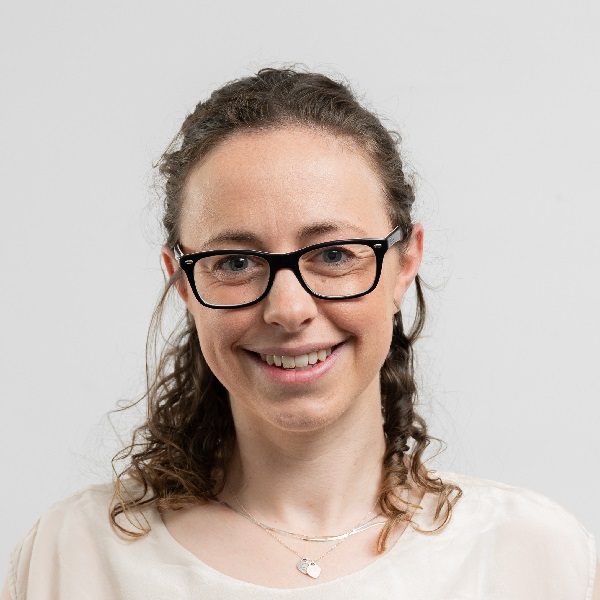
Tell us about yourself
I am a Lecturer in Law at the University of Leeds. My research lies at the nexus of law and narrative, with particular research interests in the story scripts, dynamics and characterisations of socio-legal, historical and cultural narratives which frame and underpin legislation. I focus on the power of legal storytelling and narrative theory, studying how stories help people make sense of the law, legal frameworks and the world in which the law operates. Particularly, I am interested in how narrative theory can be used to understand master and counter narratives among victims and perpetrators of domestic abuse.
Tell us about your Early Career Researcher (ECR) Development Fund project, funded by the Centre
My project, Domestic Abuse Service Providers and their Stories, aims to offer a new contribution to current research by using narrative theory to explore and scrutinise the stories of domestic abuse service providers, their experiences with working with this vulnerable group, and how they relate to dominant/counter narratives of domestic abuse. The project has a number of overarching aims:
- To use a new, ground-breaking application of narrative methodology for investigating the stories of service providers’ experiences with DA victims and perpetrators.
- To assess current practitioners’ perceptions of the dominant narratives regarding DA and identify what kinds of narratives persist in preventing change.
- To identify gaps in understanding how the system responds to the needs of both perpetrators and victims, and potential strategies for practical change of the narrative of DA.
The project has been co-designed from its inception with four domestic abuse service providers (both victim-focused and perpetrator-focused) from West Yorkshire. These organisations have articulated the need for, and value of, understanding the perspectives and lived experience of front-line workers for the benefit of future policy and practice.
How does your research connect to the Centre’s mission and values?
Reflecting the Centre’s problem-oriented research, this study will be context-rich, interrogating how domestic abuse service providers respond to the problems of this vulnerable and diverse population. It will utilise a narrative methodology in this innovative context to better understand the stories of these front-line workers, and work in collaboration with partners to craft solutions at a local level which might change the dominant narrative and shape how agencies can prevent future harm and vulnerability.
What interests you in the connections between policing and vulnerability?
I am interested in developing a more nuanced understanding of the stories that perpetuate within vulnerable groups, particularly domestic abuse, and believe that this is a crucial starting point for informing policing strategies in this area. Narrative is a basic human strategy for coming to terms with fundamental elements of experiences, and this is particularly so with those who are vulnerable. Accounts of what happened to particular vulnerable people in particular circumstances with particular consequences are simultaneously common and powerful, and understanding these stories is vital for shaping police responses to vulnerability.
